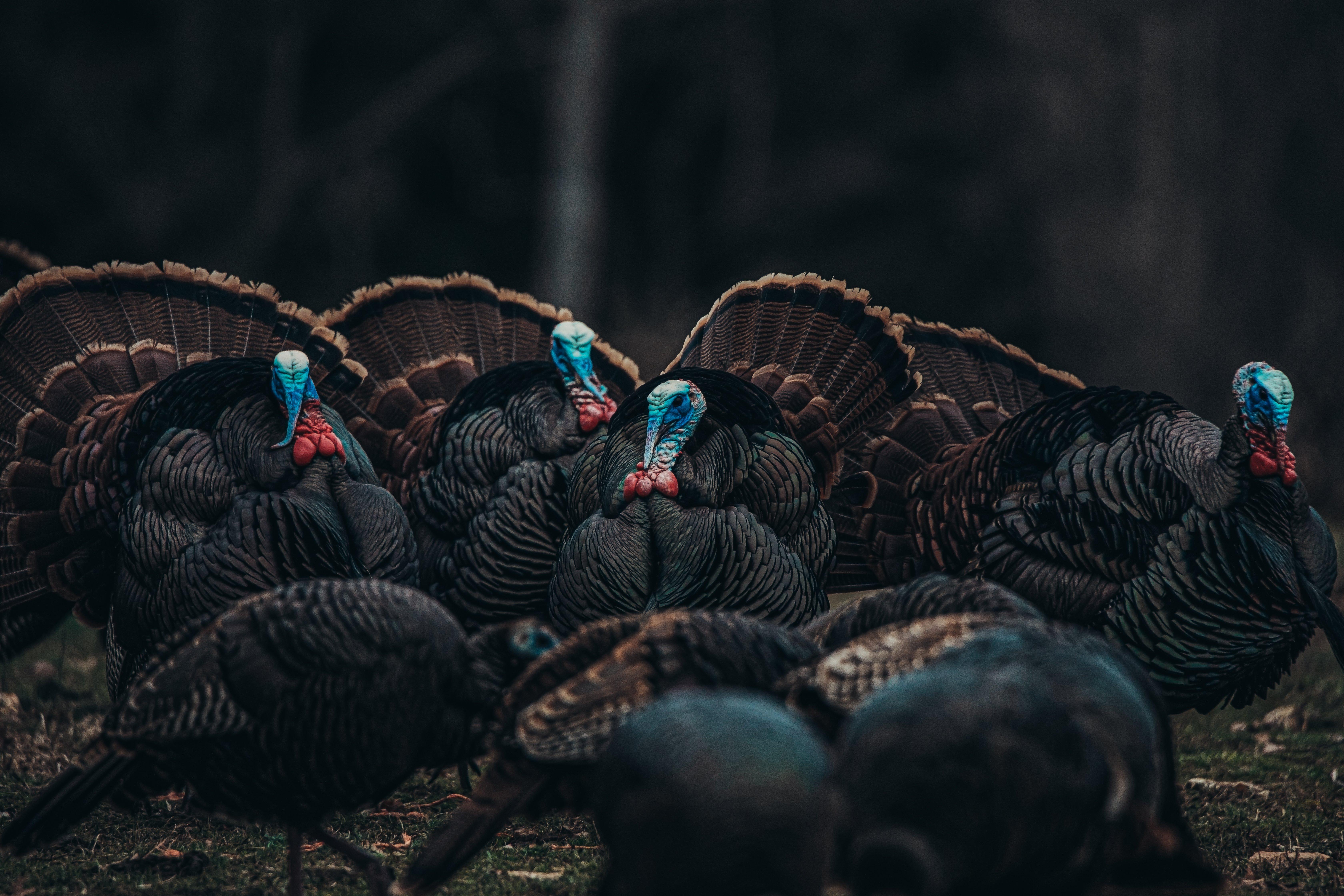After extensive discussion and comment, the Tennessee Fish and Wildlife Commission approved big changes for next year's turkey hunters

The Tennessee Fish & Wildlife Commission voted on a slew of big changes for the 2023 spring turkey season during a series of open meetings June 2 and 3, 2022. You can watch the full meetings here and here.
So what do the changes look like? The first is actually a change to the trapping regulations, with a year-round trapping season now allowed for raccoons and opossums — critters that are considered among the worst nest predators of wild turkeys. The hunting season for those animals will remain as-is (July 1 to March 15), but the daily bag limit for both species will be doubled for hunters.
(Don't Miss: 5 Trapping Baits Nest-Raiding Raccoons Can't Resist)
As for turkeys, the Spring 2023 bag limit will be reduced from three birds to two, only one of which can be a jake. There was a lengthy discussion about stopping the harvest of jakes altogether, except for youth hunters, but the commission, largely because of public comment, ultimately voted to keep the single jake as an option in the bag limit. Most biological data suggests that some jake mortality doesn't make much difference in the grand scheme of turkey populations anyway, and there were concerns about first-time adult hunters not being allowed to shoot anything but a longbeard. Jakes will be determined according to a checklist of descriptors, including beard length, spur length and whether the bird has a full fan.
A bigger change is in the season dates. After additional discussion, a motion passed to shift the spring season two weeks later, so in 2023, the statewide Tennessee turkey season will open April 15 and run to May 28. Recent research, much of which has been reported on Realtree.com, has suggested that high gobbler harvest early in the season, before nesting begins, could be a big factor in reduced turkey populations. Tennessee's juvenile season has traditionally opened the last weekend in March, and the statewide turkey season followed that, opening the first Saturday in April. This change is especially notable, partly because Tennessee will now have one of the latest closing dates in the region.
(Don't Miss: What's Causing Poor Hatches of Turkey Poults?)
Finally, a prohibition on fanning and reaping on public lands, which had been added to the Means and Methods of the Tennessee Hunting and Trapping Guide, will stand, despite a motion to remove it. Fanning is, of course, a controversial practice, especially these days. Detractors say it's dangerous and makes killing a turkey too easy. Proponents say the statistics on hunting accidents don't show that fanning is any more dangerous than calling up a bird in the woods, and anyone who says it's too easy hasn't done much turkey fanning. Still, on public land at least, it looks as though the technique will be outlawed next spring.
These new steps taken by the Commission are arguably some of the most aggressive to date in any Southern state.
These changes prove that when hunters are vocal, educated and concerned, state fish and wildlife agencies will get the message. It's no secret that many hunters, worried about the decline in wild turkey numbers, have been urging their states to make changes to stem the decline, particularly in the Southeast. Several states, including Realtree's home state of Georgia, have listened, too, with real changes to season structures and bag limits in recent springs. Tennessee had previously reduced the annual bag limit from four turkeys to three, starting in 2020, but these new steps taken by the Commission are arguably some of the most aggressive to date in any Southern state.
Tennessee turkey hunter Cameron Weddington, co-host of The Turkey Hunter podcast and @TheGobFather49 on social media, has been outspoken in his calls for change to turkey hunting tactics and regulations across the country, but in his home state in particular. Though Weddington said he hated to lose the third bird off his bag limit, he applauded the changes overall.
"They did a great job," he said. "I think it's a good day for the wild turkey. I especially like that they pushed the season back but didn't take away any opportunity from anyone. Yeah, fewer people will hunt the last week in May, and it'll be tougher then. You won't hear as many birds as in the early season. But that late season is the best time to kill a big bird. Using traditional tactics, you won't get those long-spurred old gobblers early in the season because they have 30 hens with them. But in late May, they'll get lonely. I'm excited for the chance to hunt them then."













































